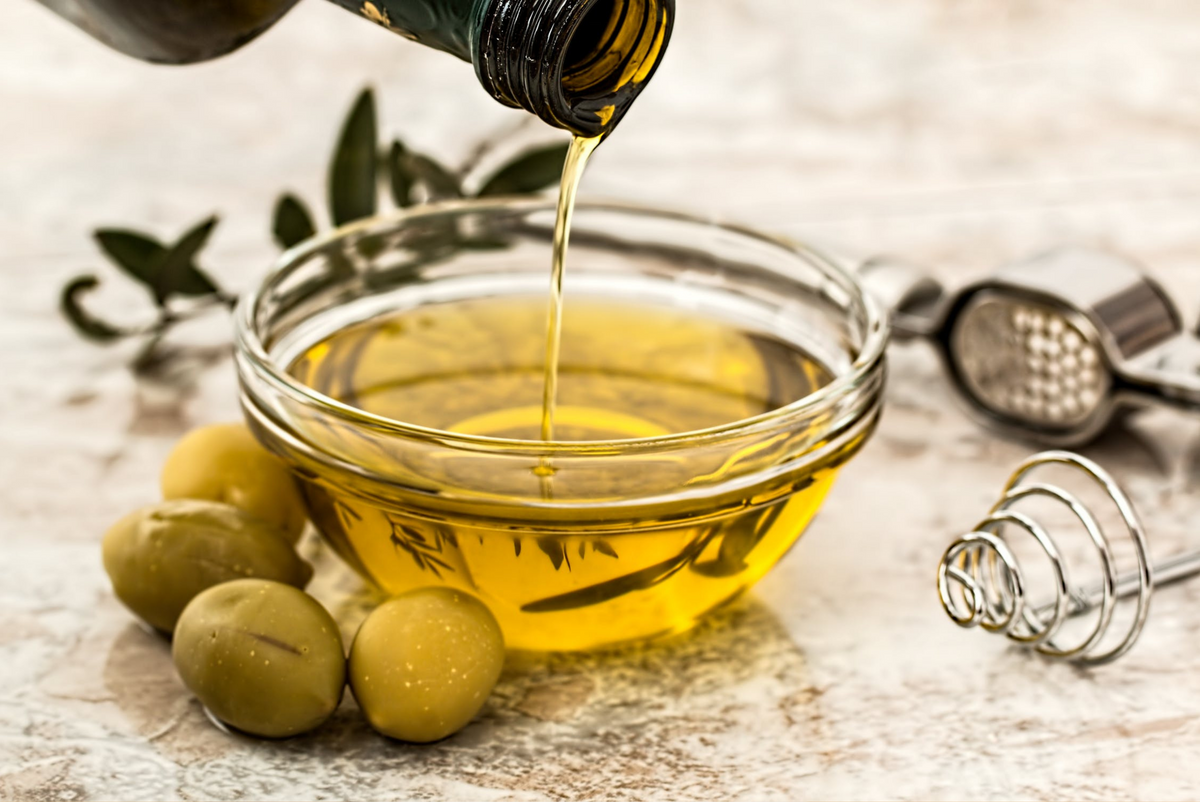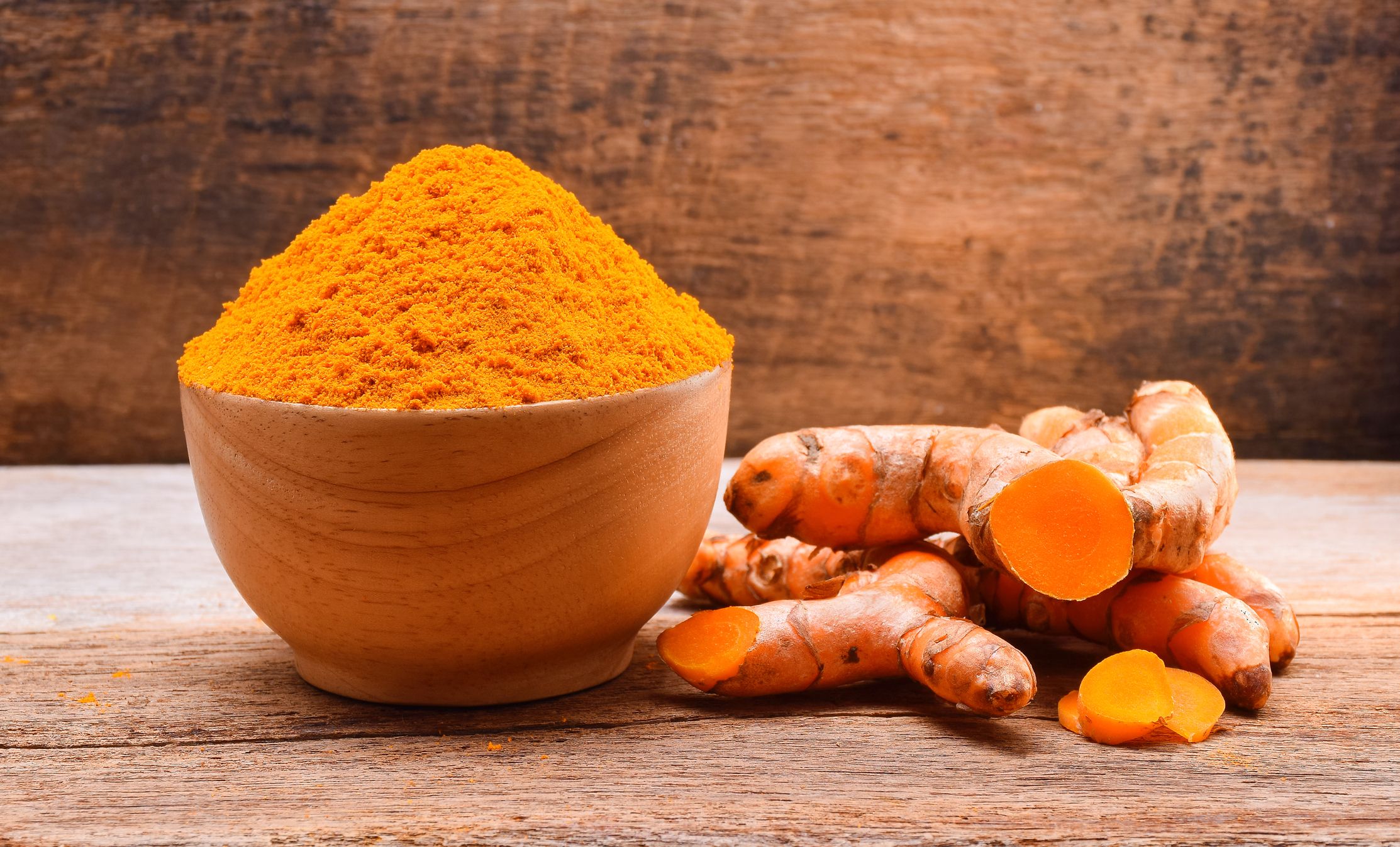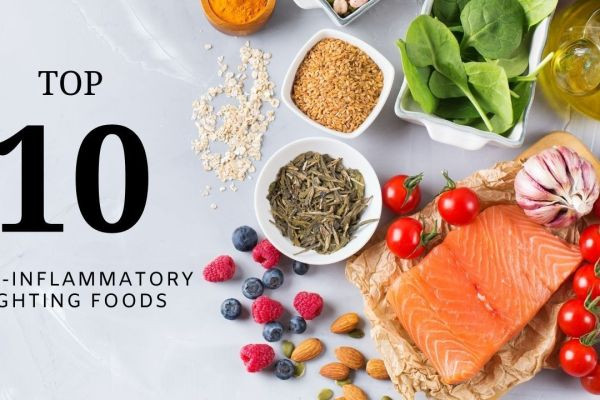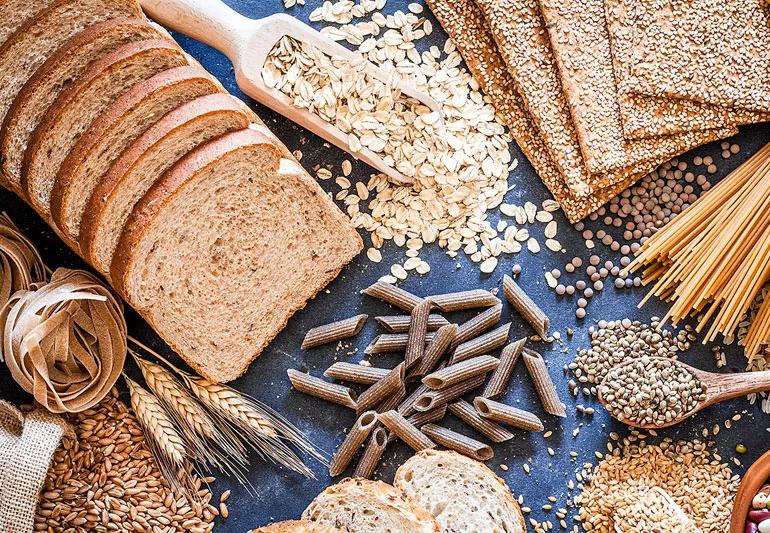Inflammation is a natural response by the immune system to injury or infection, acting as the body's way of protecting itself. However, when inflammation becomes chronic, it can lead to a host of health problems, including heart disease, diabetes, arthritis, and even cancer. While medication and lifestyle changes can help manage inflammation, one of the most effective ways to reduce inflammation is through diet. Certain foods have anti-inflammatory properties that can help combat chronic inflammation and improve overall health.
In this article, we’ll explore the key foods that fight inflammation and why incorporating them into your diet can lead to a healthier, more balanced life.
1. Fatty Fish

Fatty fish like salmon, mackerel, sardines, and tuna are excellent sources of omega-3 fatty acids, which are known for their anti-inflammatory effects. Omega-3 fatty acids can help reduce the production of molecules and substances that lead to inflammation, such as cytokines and eicosanoids.
Studies have shown that individuals who regularly consume omega-3-rich fish experience reduced levels of inflammation markers in their bodies. In particular, fish oil supplements, which contain concentrated amounts of omega-3s, have been shown to reduce symptoms in people with inflammatory diseases like arthritis.
How to incorporate fatty fish: Aim to eat fatty fish at least twice a week. You can grill, bake, or poach fish for a healthy, inflammation-fighting meal.
2. Leafy Greens

Dark, leafy greens such as spinach, kale, and Swiss chard are packed with vitamins, minerals, and antioxidants, all of which can help reduce inflammation. These greens are high in vitamins A, C, and K, which are essential for immune function and fighting inflammation. They also contain polyphenols, plant compounds that have been shown to lower inflammatory markers in the body.
Leafy greens are also rich in fiber, which helps maintain a healthy gut. A healthy gut can reduce inflammation throughout the body, as research suggests that poor gut health is linked to increased inflammation.
How to incorporate leafy greens: Add a handful of spinach to smoothies, salads, or sauté them with garlic for a quick, nutrient-dense side dish. Including a variety of greens in your daily diet can significantly reduce inflammation.
3. Berries
Berries such as blueberries, strawberries, raspberries, and blackberries are rich in antioxidants, particularly anthocyanins, which have strong anti-inflammatory effects. These compounds help reduce oxidative stress and lower levels of inflammation.
A study published in the Journal of Nutrition found that consuming strawberries regularly reduced inflammatory markers in adults. Berries also contain fiber, which supports gut health and further contributes to their anti-inflammatory properties.
How to incorporate berries: Enjoy a variety of berries as snacks, add them to oatmeal or yogurt, or blend them into smoothies. Aim for at least one serving of berries a day to maximize their anti-inflammatory benefits.
4. Nuts and Seeds

Nuts and seeds, such as almonds, walnuts, flaxseeds, and chia seeds, are packed with healthy fats, fiber, and protein. Walnuts and flaxseeds, in particular, are excellent sources of alpha-linolenic acid (ALA), a type of omega-3 fatty acid that helps reduce inflammation.
Almonds are also rich in vitamin E, a potent antioxidant that can help lower inflammation by neutralizing free radicals. Studies have shown that people who regularly consume nuts have lower levels of inflammatory biomarkers like C-reactive protein (CRP).
How to incorporate nuts and seeds: Snack on a handful of almonds or walnuts, sprinkle chia seeds on your breakfast cereal or yogurt, or add ground flaxseeds to smoothies or baked goods.
5. Olive Oil

Olive oil, particularly extra virgin olive oil, is a cornerstone of the Mediterranean diet, which is well-known for its anti-inflammatory benefits. Olive oil is rich in monounsaturated fats and contains a compound called oleocanthal, which has been shown to have similar effects to non-steroidal anti-inflammatory drugs (NSAIDs).
In addition to its anti-inflammatory properties, olive oil has been linked to a reduced risk of heart disease and other chronic conditions. Research suggests that people who consume olive oil as their primary fat source have lower levels of inflammatory markers like interleukin-6 and CRP.
How to incorporate olive oil: Use extra virgin olive oil for salad dressings, drizzle it over cooked vegetables, or use it as a base for sautéing. Replacing butter or other oils with olive oil can have significant health benefits.
6. Turmeric

Turmeric is a golden-yellow spice widely used in Indian and Southeast Asian cuisines, and its active ingredient, curcumin, is a powerful anti-inflammatory compound. Curcumin has been extensively studied for its ability to reduce inflammation, particularly in conditions such as arthritis, inflammatory bowel disease, and metabolic syndrome.
While turmeric’s anti-inflammatory benefits are promising, curcumin is not easily absorbed by the body. To enhance absorption, it’s often recommended to consume turmeric with black pepper, which contains piperine, a compound that boosts curcumin absorption by up to 2000%.
How to incorporate turmeric: Add turmeric to soups, stews, curries, or golden milk lattes. You can also take curcumin supplements, but be sure to consult with a healthcare provider before doing so.
7. Tomatoes

Tomatoes are an excellent source of lycopene, a potent antioxidant that has been shown to reduce inflammation, particularly in the lungs. Lycopene is more easily absorbed by the body when tomatoes are cooked, making tomato sauces and soups a great way to increase your intake of this anti-inflammatory nutrient.
In addition to lycopene, tomatoes are rich in vitamins C and K, which also contribute to their anti-inflammatory properties.
How to incorporate tomatoes: Enjoy fresh tomatoes in salads, sandwiches, or salsa, and use cooked tomatoes in sauces, stews, or soups to maximize their anti-inflammatory benefits.
8. Whole Grains
Whole grains like oatmeal, quinoa, brown rice, and barley are high in fiber, which has been shown to reduce inflammation by improving gut health. Refined grains, on the other hand, can increase inflammation, so it's essential to opt for whole grains whenever possible.
Whole grains are also rich in vitamins and minerals that help regulate inflammation. Studies have shown that individuals who consume whole grains have lower levels of CRP, an indicator of inflammation.
How to incorporate whole grains: Swap refined grains like white rice and pasta for whole grains like brown rice, quinoa, or whole wheat bread. Start your day with oatmeal for a fiber-rich, anti-inflammatory breakfast.
9. Green Tea

Green tea is known for its high content of antioxidants, particularly epigallocatechin gallate (EGCG), which has strong anti-inflammatory properties. Regular consumption of green tea has been linked to lower levels of inflammation and a reduced risk of chronic diseases such as heart disease and cancer.
EGCG works by reducing the production of pro-inflammatory chemicals in the body, thereby lowering inflammation and oxidative stress.
How to incorporate green tea: Enjoy a cup of green tea daily as a beverage or add matcha powder, a concentrated form of green tea, to smoothies or baked goods.
10. Ginger
:max_bytes(150000):strip_icc()/ALR-what-is-ginger-20ed1f436bee4c4085b009756c8bc4db.jpg)
Ginger is another spice with potent anti-inflammatory properties, thanks to compounds like gingerol and zingerone. These compounds have been shown to inhibit the production of pro-inflammatory chemicals and reduce symptoms in people with inflammatory conditions like arthritis.
How to incorporate ginger: Add fresh or powdered ginger to teas, stir-fries, soups, or smoothies for a spicy, anti-inflammatory boost.
Conclusion
Fighting inflammation through diet is a powerful tool for improving overall health and preventing chronic diseases. By incorporating these anti-inflammatory foods—such as fatty fish, leafy greens, berries, nuts, and olive oil—into your daily meals, you can reduce inflammation and promote a healthier, more balanced life. Making these small but impactful changes to your diet can help protect your body from the harmful effects of chronic inflammation and lead to long-term health benefits.




